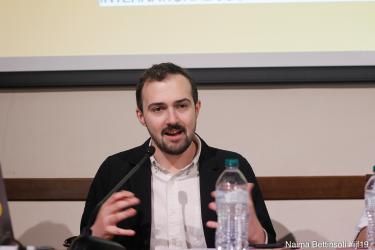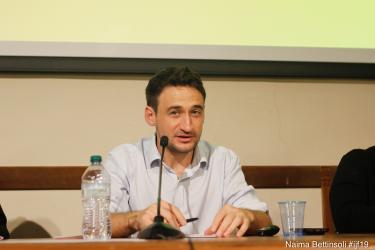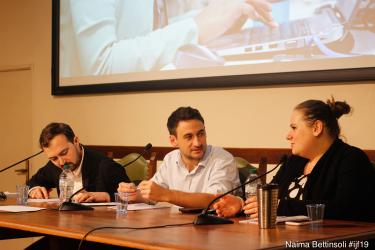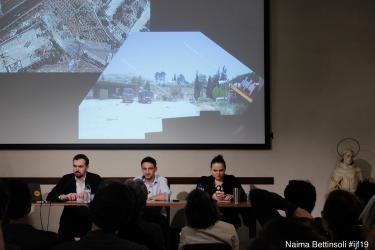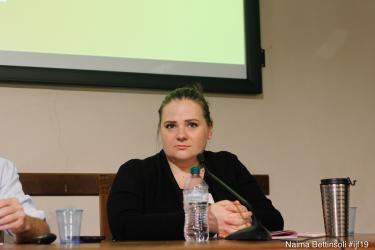2018 was the year open source investigation went mainstream. Bellingcat made headlines around the world with its investigation into the Skripal case and MH17. The New York Times won an Emmy award for its coverage of the Las Vegas shooting and broke major investigative ground with its reporting on the murder of Jamal Khashoggi and links of the perpetrators to Mohamed Bin Salman. Open source reporting by the UC Berkeley Human Rights Center Investigations Lab has helped shed light on human rights abuses in Syria, Yemen, DRC, Cameroon and Myanmar. OCCRP - a key contributor to the Panama and Paradise Papers - continued to use mixed method investigative approaches to report on money laundering, organized crime and corruption around the world.
Much of this work has been carried out using transparent processes and publicly sourced content that are accessible to investigative reporters around the world, yet integrating open source investigation methodologies into newsroom practices and processes remains a challenge. In this panel, some of the world’s leading practitioners will shed light on their own open source investigation experiences, providing deep insights on how collaborative and open investigations work, and strategies for integrating these collaborative approaches into existing newsrooms. In addition, panelists will address the key opportunities and challenges for developing successful open source investigation, including:
i. collaboration and crowdsourcing: what potential does open source investigation have for a deeper journalistic engagement with audiences
ii. open source investigation and storytelling: how can open source investigators effectively communicate their transparent process and findings in a way that is easily accessible to audiences
iii. security and preservation of content: how should journalists working on open source investigations assess and mitigate security risk, and how can investigators ensure open source content does not disappear due to platform takedowns
iv. emergent technologies: what tools for discovery, collaboration and analysis are most useful for newsrooms looking to develop open source investigation capacity? What new technologies are emerging to deal with new challenges (like deepfakes)
v. training and growing the field: what resources and training is available for journalists who want to learn more about open source investigation and incorporate these techniques into their work?
By highlighting the diverse perspectives of the panelists, participants will come away with a greater understanding of both how open source investigations are carried out, the opportunities that such a collaborative approach can provide for strengthening investigative reporting, and strategies for integrating new tools and technologies in their newsrooms.
Organised in association with Meedan.



